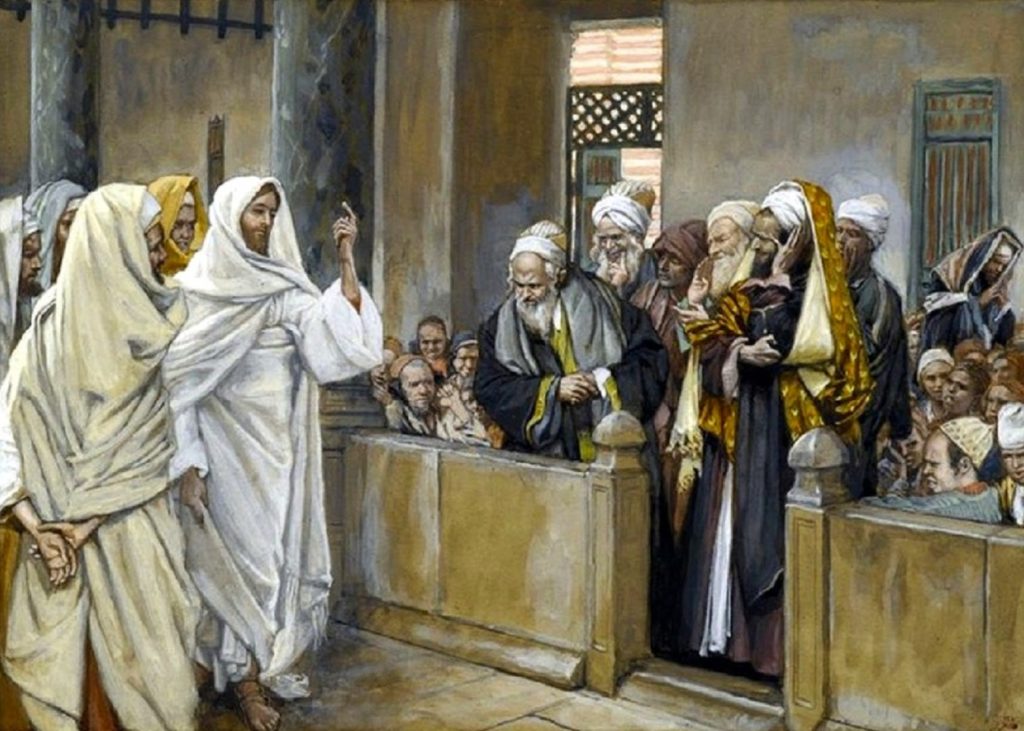Conflict #01) reforming the Law vs replacing it … (09/22/18)
While Paul regularly claims to affirm the validity of the Jewish Law (see Romans 2:12-13, Romans 3:31, Romans 7:12-25, Romans 8:4, Romans 10:5, & Galatians 3:19-21), these professings cannot be deemed sincere in light of the essence of his theology that dismisses and often even denigrates the same …
*Where Paul claims that “the very commandment which promised life proved to be death to me” (Romans 7:10), Jesus quite clearly states “If you wish to enter life, keep the commandments” (Matthew 19:17).
*While Paul brazenly claims that “Christ is the end of the law so that there may be righteousness for everyone who believes” (Romans 10:4) and that via his version of faith in Jesus “we establish the Law [anew]” (Romans 3:31), Jesus calmly states that “it is easier for heaven and earth to pass away than for one stroke of a single letter of the Law to be dropped” (Luke 16:17) and that “Do not think that I have come to abolish the law or the prophets; I have come not to abolish but to fulfill them. For truly I tell you, until heaven and earth pass away, not one stroke of a single letter will pass from the Law until all of it comes into being” (Matthew 5:17-18).
*Where Paul openly claims that a mere faith in Christ supersedes abiding in the Law’s commandments (see Romans 1:17, Romans 5:10-20, Romans 6:14, Romans 10:9-13, Galatians 3:13, 1 Corinthians 15:1-4, & 2 Corinthians 5:19 et al), Jesus states over & over & over again that he himself is not to be the focus of anyone’s faith or worship (see Mark 10:18, John 5:41, John 7:16, John 8:50-54, John 12:44 et al) and that salvation comes instead from actively and selflessly fulfilling the Law (see Matthew 5:39-48, Matthew 7:21, Matthew 13:18-23, Matthew 19:17, Matthew 24:12-14, Matthew 25:35-40, Mark 8:34, Luke 6:27-36, Luke 10:29-37, John 13:15-17, John 14:12-20, & John 15:12 et al).
*And finally, while Paul established his theology as a way to circumvent the Law (see Galatians 2:16, Galatians 3:11, Galatians 5:4 et al), Jesus established his “new covenant” (Luke 22:20) by simplifying the Law (see his reference to The Golden Rule in Matthew 7:12 and his summary of the fundamental essence of the Ten Commandments in Matthew 22:37-40 as examples) in order that the Law might be done – in order that his followers would “exceed the righteousness of the scribes and the Pharisees” (Matthew 5:20), not discard or dismiss or reject or replace the Law they professed and promulgated.





 ;
;